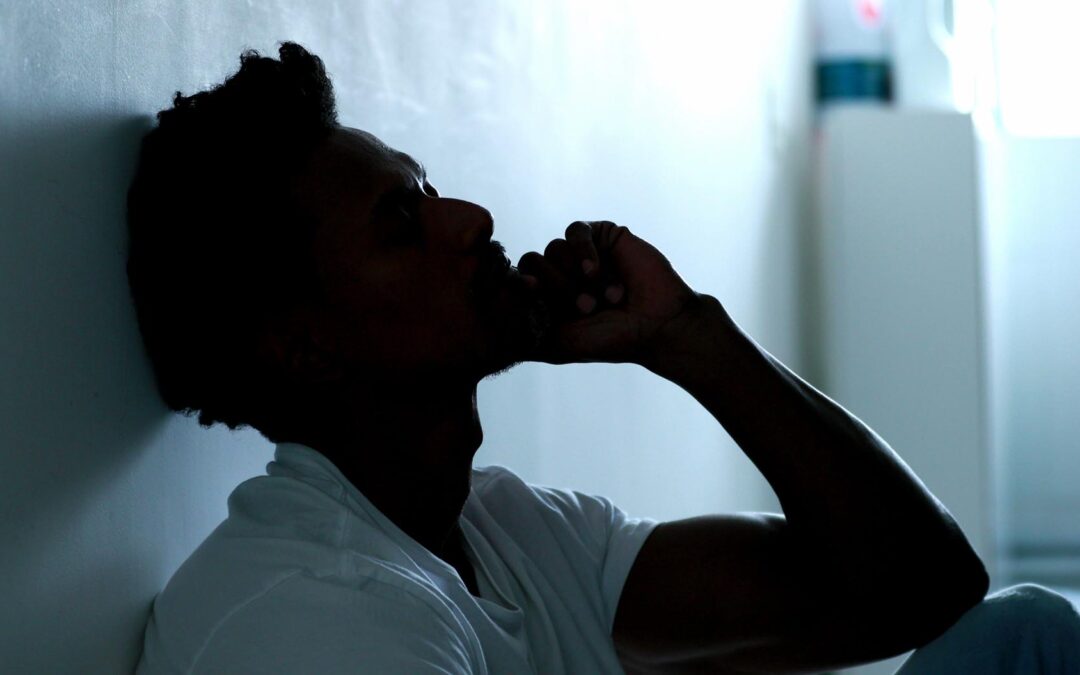Introduction: Otezla and Addiction – A New Frontier?
Otezla (apremilast) is a prescription medication used to treat moderate to severe plaque psoriasis and psoriatic arthritis. It works by modulating the immune system, offering relief from the painful and unsightly symptoms associated with these chronic conditions. While generally well-tolerated, recent research has sparked a conversation about a potential link between Otezla and addiction. This article explores the scientific evidence surrounding this new frontier, the effects of Otezla on the brain’s reward system, and alternative treatment options for those seeking relief from psoriasis and psoriatic arthritis.
What is Otezla (apremilast)?
Otezla, the brand name for apremilast, belongs to a class of drugs known as phosphodiesterase-4 (PDE4) inhibitors. These medications work by blocking the enzyme PDE4, which plays a role in inflammatory responses within the body. In the case of psoriasis and psoriatic arthritis, Otezla helps to reduce inflammation by targeting specific immune cells, leading to improvements in skin lesions and joint pain.
It’s important to note: Otezla is not a cure for psoriasis or psoriatic arthritis, but rather a medication used to manage symptoms.
Can Otezla Be Addictive?
The current consensus from the medical community is that Otezla is not considered to be addictive in the traditional sense. Unlike opioids or other addictive substances, Otezla doesn’t produce the same physiological dependence or cravings that lead to compulsive drug-seeking behavior.
However, emerging research suggests a potential link between Otezla and changes in brain chemistry that could contribute to addictive tendencies. A 2023 study found that Otezla may influence the brain’s reward system, specifically the nucleus accumbens, a region involved in motivation, pleasure, and reinforcement. The study observed a decrease in alcohol consumption in people taking Otezla, suggesting an interaction with the brain’s reward pathways.
While this research is promising, more studies are needed to fully understand the long-term implications of Otezla on addiction.
Potential Side Effects of Otezla
Although Otezla is generally well-tolerated, some people may experience side effects during treatment. It’s important to note that these side effects can vary in severity, and not everyone will experience them. However, understanding the potential risks can help individuals make informed decisions about their treatment. The most common side effects include:
- Diarrhea: Many individuals may experience digestive discomfort, including diarrhea, particularly during the initial weeks of treatment. This side effect often subsides over time, but if it persists, it’s essential to consult your doctor.
- Nausea: In addition, nausea is another frequent side effect reported by Otezla users. Taking the medication with food can sometimes alleviate this symptom.
- Headache: Some people may experience mild to moderate headaches as a result of Otezla use. If headaches become severe, speaking with a healthcare provider can help determine the best course of action.
- Upper Respiratory Tract Infection: Occasionally, Otezla users report symptoms of upper respiratory tract infections, such as congestion or a sore throat. Monitoring these symptoms and seeking medical advice is important, especially if they worsen.
- Weight Loss: Some individuals experience unintentional weight loss while taking Otezla. As a result, healthcare providers recommend regularly monitoring weight throughout the treatment.
- Depression: For some, mood changes or symptoms of depression may develop while taking Otezla. It is crucial to report any new or worsening mental health symptoms to a doctor immediately, as this side effect requires prompt attention.
If you experience any concerning side effects, it is crucial to speak with your doctor right away. By communicating with your healthcare provider, you can adjust your treatment plan and manage any side effects more effectively.
Alternative Treatment Options for Psoriasis and Psoriatic Arthritis
For individuals concerned about Otezla and its potential side effects or addiction risks, alternative treatment options are available. In fact, there are a variety of therapies that can effectively manage psoriasis and psoriatic arthritis. Here’s a brief overview of some of the most common alternatives:
- Topical Medications: Creams, ointments, and lotions containing corticosteroids or other anti-inflammatory agents can help manage skin symptoms. Additionally, doctors often recommend topical treatments for mild to moderate cases, as they provide localized relief without impacting the whole body.
- Light Therapy: Ultraviolet (UV) light therapy can be effective in reducing inflammation and promoting skin healing. Furthermore, doctors typically use it when topical treatments fail to provide sufficient relief. UV therapy can slow down skin cell growth, easing the appearance of psoriasis plaques.
- Biologic Medications: These drugs target specific parts of the immune system to control the inflammation associated with psoriasis and psoriatic arthritis. Biologics are often prescribed for more severe cases or when other treatments are ineffective. Moreover, they focus on controlling the disease at its source rather than just managing symptoms.
- Lifestyle Modifications: Maintaining a healthy weight, managing stress, and adopting a balanced diet can positively impact both conditions. In fact, lifestyle changes can help reduce flare-ups and improve overall well-being. By incorporating exercise and reducing alcohol consumption, individuals can experience improvements in both psoriasis and psoriatic arthritis symptoms.
Therefore, those looking for alternatives to Otezla have several viable treatment options to explore. By working closely with a healthcare provider, individuals can find the best combination of therapies to manage their condition effectively.
Otezla and Mental Health: A Complex Relationship
While Otezla primarily treats skin conditions, growing evidence suggests a potential link between the medication and mental health outcomes. Some studies indicate that Otezla may increase the risk of depression and anxiety.
Researchers continue to investigate these findings, and they need more studies to fully understand the connection between Otezla and mental health. Individual differences, dosage, and treatment duration may also influence these mental health outcomes.If you experience any changes in your mood or behavior while taking Otezla, it’s crucial to inform your healthcare provider. They can assess your symptoms and determine if adjustments to your treatment plan are necessary.
Remember: If you’re struggling with mental health issues, seeking professional help is essential. Casco Bay Recovery offers comprehensive mental health services, including therapy and support groups, to help individuals address their emotional well-being.
Conclusion: Otezla and Addiction – Staying Informed
While Otezla is generally safe and effective for managing psoriasis and psoriatic arthritis, researchers must further investigate its potential link to addiction. If you’re concerned about Otezla and addiction, discuss your options with a healthcare professional. They can help you determine the best course of treatment based on your individual needs and medical history.
Remember, Casco Bay Recovery is here to support you on your journey to well-being. We offer addiction treatment programs, including Medication-Assisted Treatment (MAT) programs for individuals struggling with substance use disorders. Our experienced team can provide personalized guidance and support to help you achieve lasting recovery.
For more information about Otezla or addiction treatment, Contact Casco Bay Recovery today.
Additional Resources:
- National Psoriasis Foundation: https://www.psoriasis.org
- American Academy of Dermatology: https://www.aad.org
- Substance Abuse and Mental Health Services Administration (SAMHSA): https://www.samhsa.gov
Disclaimer: The information provided in this article is for informational purposes only and does not constitute medical advice. Please consult with a healthcare professional for personalized guidance.







